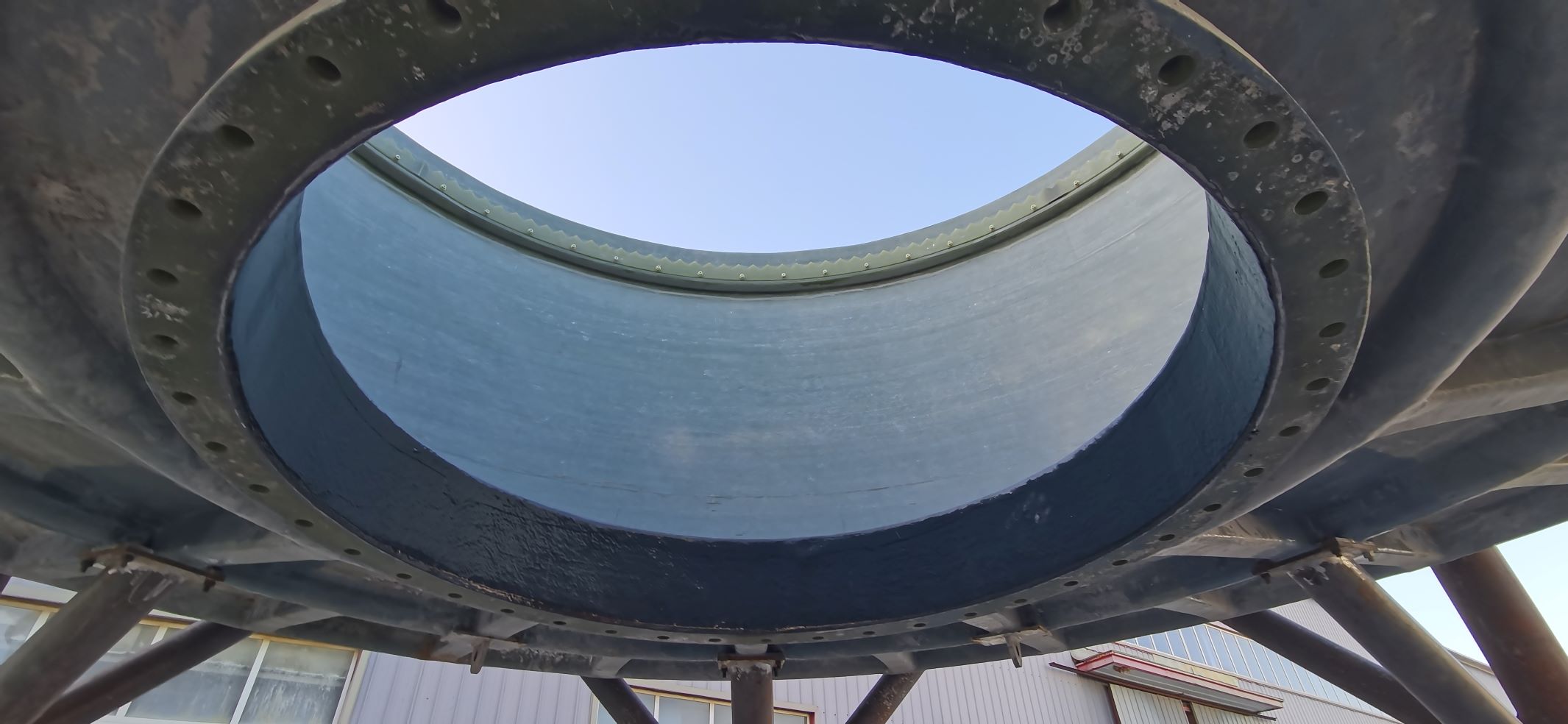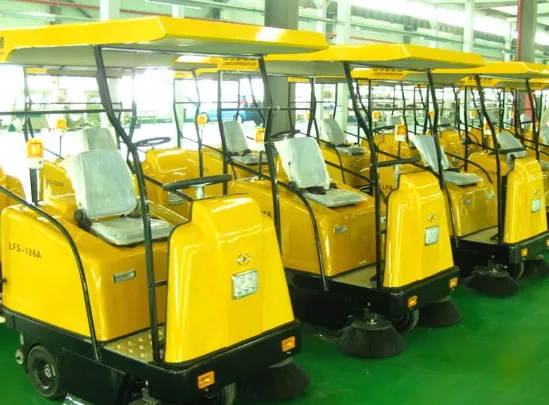
-
 Afrikaans
Afrikaans -
 Albanian
Albanian -
 Amharic
Amharic -
 Arabic
Arabic -
 Armenian
Armenian -
 Azerbaijani
Azerbaijani -
 Basque
Basque -
 Belarusian
Belarusian -
 Bengali
Bengali -
 Bosnian
Bosnian -
 Bulgarian
Bulgarian -
 Catalan
Catalan -
 Cebuano
Cebuano -
 China
China -
 China (Taiwan)
China (Taiwan) -
 Corsican
Corsican -
 Croatian
Croatian -
 Czech
Czech -
 Danish
Danish -
 Dutch
Dutch -
 English
English -
 Esperanto
Esperanto -
 Estonian
Estonian -
 Finnish
Finnish -
 French
French -
 Frisian
Frisian -
 Galician
Galician -
 Georgian
Georgian -
 German
German -
 Greek
Greek -
 Gujarati
Gujarati -
 Haitian Creole
Haitian Creole -
 hausa
hausa -
 hawaiian
hawaiian -
 Hebrew
Hebrew -
 Hindi
Hindi -
 Miao
Miao -
 Hungarian
Hungarian -
 Icelandic
Icelandic -
 igbo
igbo -
 Indonesian
Indonesian -
 irish
irish -
 Italian
Italian -
 Japanese
Japanese -
 Javanese
Javanese -
 Kannada
Kannada -
 kazakh
kazakh -
 Khmer
Khmer -
 Rwandese
Rwandese -
 Korean
Korean -
 Kurdish
Kurdish -
 Kyrgyz
Kyrgyz -
 Lao
Lao -
 Latin
Latin -
 Latvian
Latvian -
 Lithuanian
Lithuanian -
 Luxembourgish
Luxembourgish -
 Macedonian
Macedonian -
 Malgashi
Malgashi -
 Malay
Malay -
 Malayalam
Malayalam -
 Maltese
Maltese -
 Maori
Maori -
 Marathi
Marathi -
 Mongolian
Mongolian -
 Myanmar
Myanmar -
 Nepali
Nepali -
 Norwegian
Norwegian -
 Norwegian
Norwegian -
 Occitan
Occitan -
 Pashto
Pashto -
 Persian
Persian -
 Polish
Polish -
 Portuguese
Portuguese -
 Punjabi
Punjabi -
 Romanian
Romanian -
 Russian
Russian -
 Samoan
Samoan -
 Scottish Gaelic
Scottish Gaelic -
 Serbian
Serbian -
 Sesotho
Sesotho -
 Shona
Shona -
 Sindhi
Sindhi -
 Sinhala
Sinhala -
 Slovak
Slovak -
 Slovenian
Slovenian -
 Somali
Somali -
 Spanish
Spanish -
 Sundanese
Sundanese -
 Swahili
Swahili -
 Swedish
Swedish -
 Tagalog
Tagalog -
 Tajik
Tajik -
 Tamil
Tamil -
 Tatar
Tatar -
 Telugu
Telugu -
 Thai
Thai -
 Turkish
Turkish -
 Turkmen
Turkmen -
 Ukrainian
Ukrainian -
 Urdu
Urdu -
 Uighur
Uighur -
 Uzbek
Uzbek -
 Vietnamese
Vietnamese -
 Welsh
Welsh -
 Bantu
Bantu -
 Yiddish
Yiddish -
 Yoruba
Yoruba -
 Zulu
Zulu
Feb . 01, 2025 06:15
Back to list
Large Size Field Tanks
Fiberglass has emerged as a pivotal material in the production of food grade equipment, championing a blend of durability, versatility, and safety. This article explores the multifaceted benefits of fiberglass food grade equipment and underscores why it stands as a premier choice in the food processing and handling sectors.
In terms of thermal performance, fiberglass demonstrates excellent insulation properties. It can maintain temperature regulation within processing equipment, which is crucial for operations involving heating or cooling of food products. This characteristic not only enhances product quality but also contributes to energy efficiency, a growing concern in the industry reliant on sustainable practices. Environmental considerations also favor fiberglass as a preferred material in food grade applications. It is inherently resistant to wear and degradation, reducing the frequency of disposal and replacement cycles. Additionally, fiberglass can be engineered from recycled materials, further aligning with green manufacturing principles and minimizing the environmental footprint of food production facilities. As experts in the production of fiberglass equipment, we ensure each unit is meticulously tested and certified. Our expertise guarantees that all equipment not only complies with local and international regulations but exceeds them, setting a new standard for quality and reliability in the industry. We work closely with regulatory bodies to remain abreast of evolving safety standards and ensure our products are always ahead of the curve in food safety compliance. Trust is a fundamental aspect of our relationship with clients. We believe in transparent processes and offer comprehensive service support and documentation, allowing businesses to trace every component back to its source. This level of traceability instills confidence in our clients, knowing they have partnered with a provider that prioritizes integrity and accountability. In conclusion, fiberglass food grade equipment emerges as a formidable contender in the food industry’s quest for efficiency, safety, and sustainability. Its robust characteristics, coupled with expert engineering and adherence to safety standards, make it the material of choice for manufacturers looking to refine operational efficiencies while safeguarding public health. As the industry evolves, the role of fiberglass is set to become even more significant, driving innovation and excellence in food processing technology.


In terms of thermal performance, fiberglass demonstrates excellent insulation properties. It can maintain temperature regulation within processing equipment, which is crucial for operations involving heating or cooling of food products. This characteristic not only enhances product quality but also contributes to energy efficiency, a growing concern in the industry reliant on sustainable practices. Environmental considerations also favor fiberglass as a preferred material in food grade applications. It is inherently resistant to wear and degradation, reducing the frequency of disposal and replacement cycles. Additionally, fiberglass can be engineered from recycled materials, further aligning with green manufacturing principles and minimizing the environmental footprint of food production facilities. As experts in the production of fiberglass equipment, we ensure each unit is meticulously tested and certified. Our expertise guarantees that all equipment not only complies with local and international regulations but exceeds them, setting a new standard for quality and reliability in the industry. We work closely with regulatory bodies to remain abreast of evolving safety standards and ensure our products are always ahead of the curve in food safety compliance. Trust is a fundamental aspect of our relationship with clients. We believe in transparent processes and offer comprehensive service support and documentation, allowing businesses to trace every component back to its source. This level of traceability instills confidence in our clients, knowing they have partnered with a provider that prioritizes integrity and accountability. In conclusion, fiberglass food grade equipment emerges as a formidable contender in the food industry’s quest for efficiency, safety, and sustainability. Its robust characteristics, coupled with expert engineering and adherence to safety standards, make it the material of choice for manufacturers looking to refine operational efficiencies while safeguarding public health. As the industry evolves, the role of fiberglass is set to become even more significant, driving innovation and excellence in food processing technology.
Related Products









